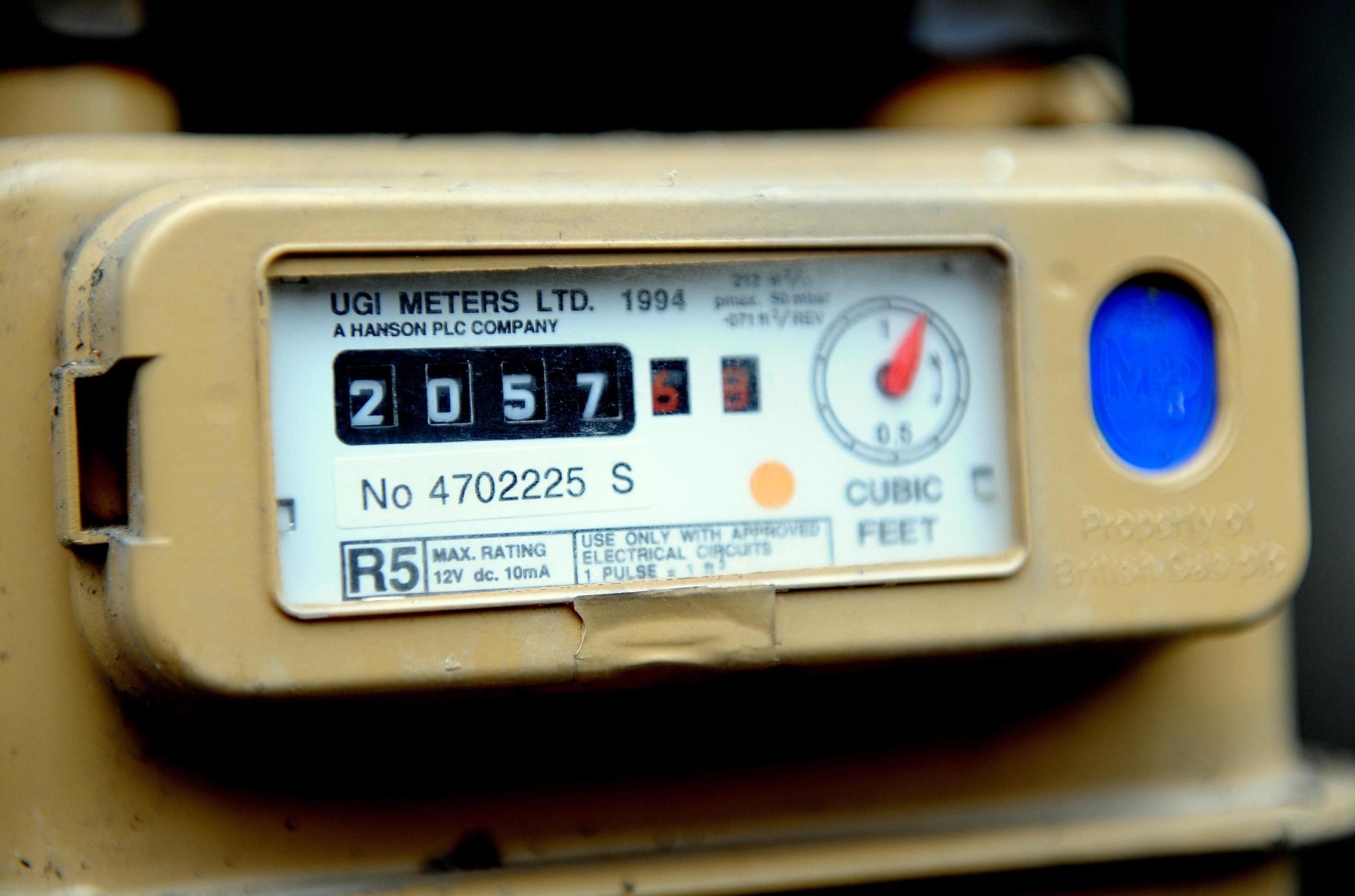What is the price cap, will it keep rising, and what support is available?
All you need to know about the maximum energy price measure.
The energy price cap, which regulates the amount that 24 million households pay for their gas and electricity, will jump by around 80% from the start of October, regulator Ofgem has announced.
But what is the price cap, what will happen to it in the future, and what help is available for households this winter?
We explore those questions here.
What is the price cap?
The price cap on energy bills was introduced in January 2019 as a way to ensure that households that are not bills-savvy are not ripped off by their energy suppliers.
Twice a year, energy regulator Ofgem would set the maximum price that households on their supplier’s default tariff would have to pay for every unit of gas and electricity they used for the next six months.
It baked in a small profit – capped at 1.9% – that energy suppliers were allowed to take for supplying the service.
The cap is calculated based on the wholesale price of gas and electricity and also includes allowances for tax, charges paid to the energy networks, green levies and social payments.

What is happening to the price cap?
The price cap is going up. By a lot.
The 80% rise announced on Friday will push the cap to £3,549 per year for the average household. This is the highest it has ever been.
The new cap level will come into force on October 1.
New MSE price cap rise calculator. Please share.
As the cap is both regional, and based on standing charge and unit rates. We’ve built a calculator to ESTIMATE your personal increase – the team has just finished plugging in the data, so its now live.https://t.co/gWUbiLESTv
— Martin Lewis (@MartinSLewis) August 26, 2022
Why is the price cap going up?
The price cap on energy bills is linked to the wholesale price of gas and electricity. This is based on what happens on European markets.
The wholesale price of gas has soared by around eightfold in the last year. That rise has been passed onto customers in increments – the price cap was already at a record £1,971 over the summer.
Gas prices are also decisive for electricity prices. This is because gas is so important for the generation of electricity. Over the last year, 42% of the UK’s electricity came from burning gas.
So the price of one kilowatt hour (kWh) of electricity will rise from 28p at the moment to 52p from October 1. For gas, the price will rise from 7p to 15p per kWh.
📣The energy #PriceCap is changing and this could affect you
Record high global gas prices mean on Saturday 1 October the energy price cap will rise to an average of £3549 per year
Tap for more⬇️
— Ofgem (@ofgem) August 26, 2022
When will it change again?
The price cap will be changed again in January. It used to be changed twice a year, but recent changes means it will be reviewed every three months.
As a result, the cap will change again in April, July and October 2023.
What is the price cap likely to be like next year?
Experts expect the cap to rise significantly in January and again in April, and then to fall back again in July and October next year.
The exact levels of the cap remains to be seen. Experts at Cornwall Insight expect the cap to hit £5,387 in January, while their colleagues at Auxilione expect it to reach £5,405.
In April, Cornwall expects a £6,616 cap, while Auxilione thinks it could reach as high as £7,263.
Cornwall’s forecasts for the July and October 2023 caps are £5,897 and £5,887 respectively, while Auxilione expects it to reach £6,485 and £6,006.

The Government has been urged to act
What support is available for me?
It depends on your personal situation.
All households have been promised a £400 discount on their energy bills. This support was announced in May, and will be paid in six monthly payments from October.
For direct debit customers this will be taken off their payments, while prepayment meter customers will be given discount vouchers from the first week of every month. These will be issued by text, email or by post.
Eight million of the most vulnerable households will also get extra support, taking the total they can get to £1,200.
These include a £650 one-off payment to households on means-tested benefits, a £300 payment to pensioners, and £150 for six million people who receive disability benefits.
Due to the rising cost of energy the price cap is increasing in October.
Government support is available to help with your energy bills.
Households will start receiving the £400 Energy Bills discount in 6 instalments from October.
Find out more👇
— Dept for BEIS (@beisgovuk) August 26, 2022
Will the Government announce more support?
Charities, think tanks, opposition parties and potential future Prime Ministers have said the Government will need to do more for struggling households.
But any extra support will have to wait until the next Prime Minister is in place.
The current Government has said that it is exploring the options and will present them to the new Prime Minister when he or she comes into office next month.
The Press Association
Latest posts by The Press Association (see all)
- BBC to air two-part Call The Midwife Christmas special - December 23, 2024
- 6 mind sports to exercise your brain and keep you sharp - December 20, 2024
- Quiz: What classic Christmas food or drink are you? - December 20, 2024
- Leftover turkey and watercress pie - December 20, 2024
- Catherine and William choose family shot for Christmas card photograph - December 19, 2024




















